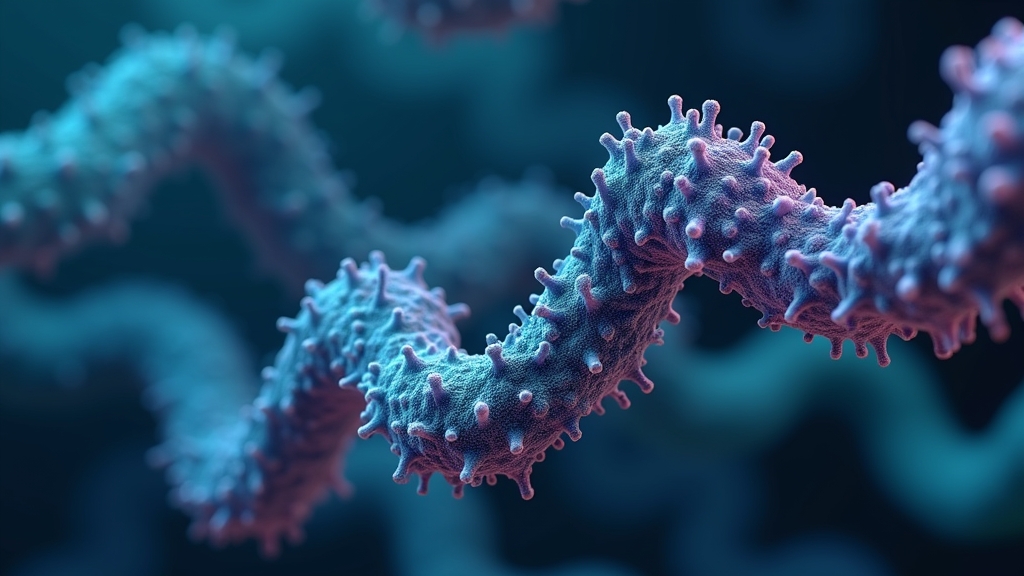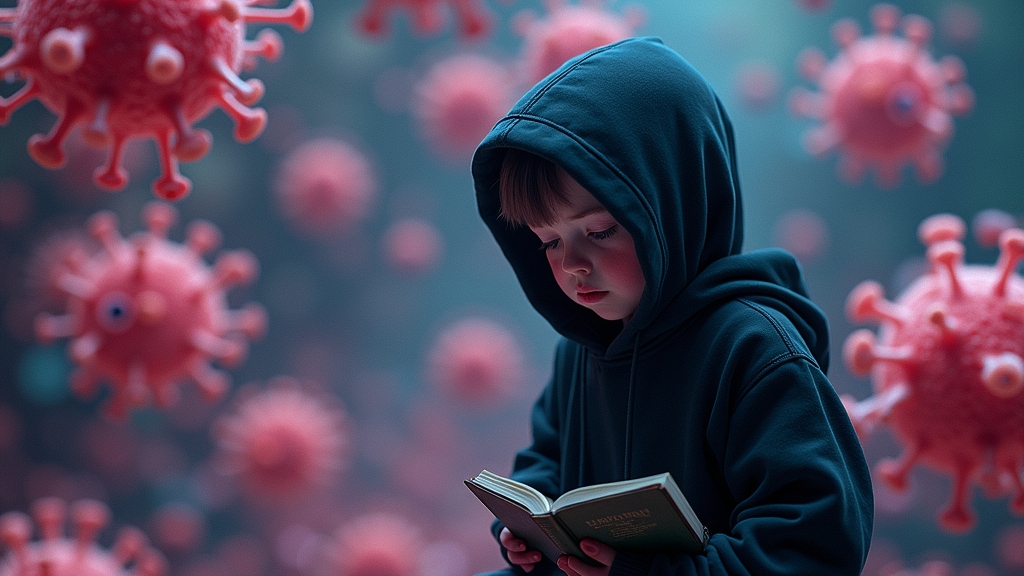Scientists Announce AI Model That Can Predict Antibodies, Will Definitely Fix Everything Wrong with Humanity
In a groundbreaking revelation that is sure to make you question why you’re still stuck in traffic every morning, researchers at MIT have developed a state-of-the-art computational model that can predict antibody structures with startling accuracy. Yes, folks, they’ve done it—AI can now pinpoint exactly which antibodies might save humanity from the next pandemic, all while still struggling to train your smart fridge not to order 40 gallons of oat milk every time you blink too close to it.
“Our model allows us to scale antibody predictions like never before,” said Bonnie Berger, a professor at MIT and, presumably, someone who hasn’t attempted to decode the mysteries of a microwave timer lately. “Instead of scientists fumbling around in the dark, picking out expensive duds for clinical trials, we’ve created a machine that practically yells, ‘Here’s the right one, dumbass!’”
The researchers’ triumph is based on adapting AI models that were originally designed to analyze text—a noble purpose now reassigned to identify needles in the 1-quintillion-haystack that is the human immune response. That’s right, folks: the same technology that autocompletes “I love you” into “I love you, but I also need snacks” is now redeployed to save your life.
“This is really exciting because we modeled the hypervariable antibody regions—the protein equivalent of kids with way too much sugar in their systems,” explained researcher Rohit Singh, between pauses to consider why language models can predict proteins but still recommend BuzzFeed articles about “What Kind of Potato Matches Your Personality.”
The project, codenamed “AbMap” because someone thought “Antibody Tinder” was too on the nose, sorts through millions of protein options faster than a broke college student picking toppings at an all-you-can-eat salad bar. The AI generates structures that are likelier to fight off disease, including SARS-CoV-2, while offering drug companies what scientists delicately call “a get-your-shit-together button” before funneling billions into worthless antibody variants.
“All I’m saying is, if pharma doesn’t like wasting money, they’re gonna love this,” said another researcher. “We’re basically creating prenups for drug development—no heartbreak, just good contracts and better antibodies. You’re welcome.”
But wait, it gets better. The researchers boldly took AbMap for a test drive, clustering their shiny new antibody predictions into groups (“antibody cliques,” if you will) and picking candidates to test. Spoiler: 82% of their top choices turned out to be significantly better than the original batch, proving that AI not only knows what’s best but is probably judging your life decisions too.
“We’re hoping this helps answer some big questions,” one scientist mused, “like why some people breeze through viruses like it’s a casual jog while others, well, get derailed like a $3 Amazon knockoff cart on uneven terrain.”
This breakthrough, however, doesn’t come without its existential caveats. Skeptics question why AI can discern antibody function but still gets confused by CAPTCHA tests featuring wobbly traffic lights. Others wonder if we’re just steps away from “Antibody NFTs” and biotech bros yelling, “Buy the spike protein dip!”
Meanwhile, concern grows over whether humans might rely too much on machines to solve problems. But scientists reassured the public that “this really saves lives,” adding that “no, we’re not implanting this in your smart speakers… yet.”
In the end, this development is a glimmer of hope in a world where Twitter bots still fall for obviously fake news, and the only thing your phone can accurately predict is when your battery will die. But rest easy knowing that somewhere in Cambridge, AI is saving mankind from itself—one antibody at a time.





